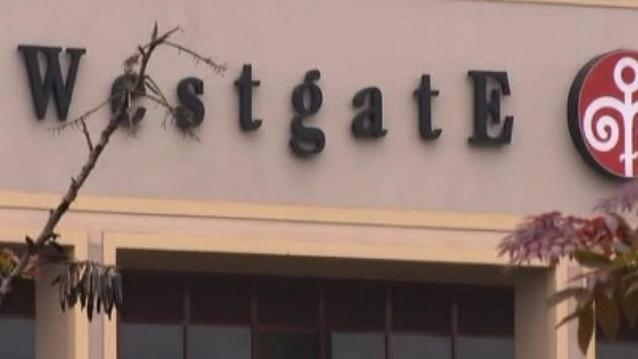The terrorist attack on the Westgate Mall by Somali Islamic group Al Shabaab in Nairobi may affect the confidence of Indian investors as well as Africa’s emerging commercial culture
The terrorist attack on the Westgate Mall by Somali Islamic group Al Shabaab in Nairobi may affect the confidence of Indian investors as well as Africa’s emerging commercial culture, say business and diplomatic observers.
Kenya is now among the 100 most competitive economies in the world and a beacon of investment opportunities in East Africa. Nairobi is a trade, travel and business hub for Indians. Earlier this month, President Uhuru Kenyatta called for more foreign investments in the country in the wake of higher rating by the World Bank and the World Economic Forum (WEF).
India is among Kenya’s top five sources of foreign direct investment, according to the Kenya Investment Authority. It is also Kenya’s top source market for imports, reflecting enhanced trade relations between Kenya and India in recent years.
“This is Kenya’s hour. This is Africa’s hour. We are determined to put in place policies that improve the lives of our people and I am glad they are delivering fruit,” Kenyatta said, adding that the country is open and ready to welcome foreign investment.
The World Bank and the WEF have rated Kenya as the highest country in Sub-Saharan Africa in terms of economic policies and institutions, making the country one of the hottest destinations of foreign investment. The World Bank has upgraded Kenya’s Policy and Institutional Assessment (CPIA) rating to 3.9, making it the highest ranked country in Sub-Saharan Africa.
The WEF Global Competitiveness Report 2013-2014 released this month showed that Kenya was the most improved country in Africa moving 16 points in the Global Competitiveness Indicator (GCI).
Analysts said the attack had badly hit the promising investment and business climate, signalling more uncertainty. “This scale of attack shows Al Shabaab is a formidable one,” said one.
“An attack like this gives them the capability to recruit; it shows off their abilities,” says Rudy Atallah, Pentagon’s former director of African counterterrorism.
In fact, targeting the upscale shopping mall, frequented by expatriates, diplomats, and affluent Kenyans, was not something accidental, but rather well thought out and a stab at the very heart of Kenya’s growing prosperity.
“For foreign investors, as long as this is a one-time event, this is one of the risks of investing deep at the frontier; but if it represents a new and more uncertain normal, it will be problematic,” Aly-Khan Satchu, an investments expert and CEO of Rich Management, told BBC World.
Analysts say India has managed to clinch the major share of Kenya’s imports because of the prevailing cordial foreign policy between the two countries since Kenya gained independence, cheaper goods, quality, and proximity of its ports to Kenya.
The main imports from India include textiles, petroleum products obtained from bituminous minerals (other than crude), medical equipment and drugs, pharmaceuticals, flat-rolled iron and non-alloy steel products, electrical goods, food-processing machinery, special purpose motor vehicles and trucks among others.
“There are quite a number of factors why Kenya is importing more from India. For instance, you will realise that many products on sale in Kenyan retail stores such as textiles (garments) come from India. They are cheaper… But we are realising that it’s not just about price but also quality that is standing out for Indian imports, and this is something that can definitely be sustained in the near-term,” says Tiberius Barasa, executive director of the Centre for Policy Research, a public policy think-tank.
“Kenya’s and India’s foreign policies have been friendly right from independence, and neither country has regarded the other as enemy at any one time. What we have seen is the deepening and consolidation of this, and extension to sectors such as construction and services,” Barasa told The Star newspaper early this year.
Indian High Commissioner Sibabrata Tripathi echoes these sentiments and says that Kenya’s importance as an export destination is highly valued by Indian exporters.
In recent years, the Indian business community has become very active. According to Tripathi, Indian investors dot sectors such as medical diagnostics, communications, petroleum refining and construction.
A good example is Delta Corp East Africa, a subsidiary of Mukesh Ambani-promoted Reliance Industries, which has made huge investments in Kenya’s real estate development.
There are about 40 top Indian firms with offices in Kenya currently, including three banks and a number of insurance firms – which are proof of the increasingly cosy trade relations with Kenya.
Kenya is also an emerging market for Indian tour operators. India is a development partner of Africa and offers lines of credit to Kenya.
A growing number of young Kenyans are opting to study or train in India either on scholarships or self-sponsorship, which shows the relationship between the two countries goes beyond “raw” business.
-IANS





